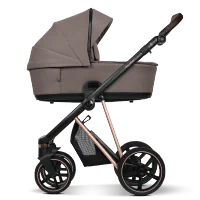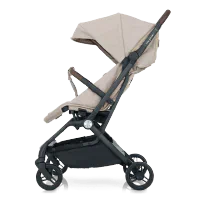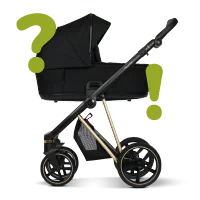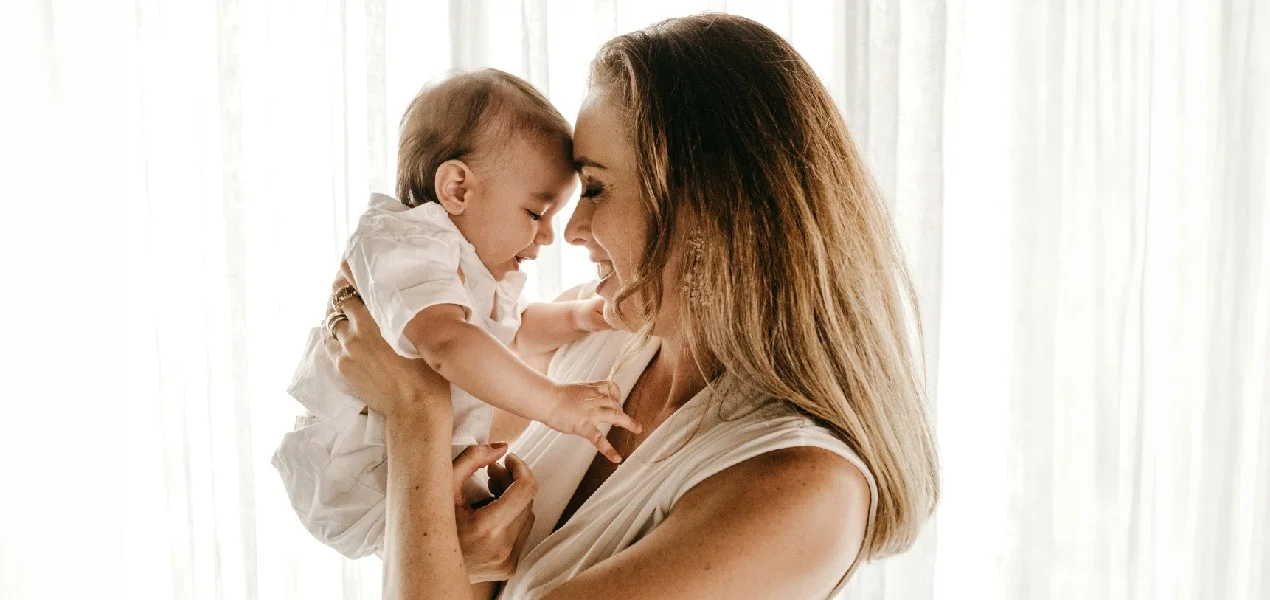
The question of the age at which women have their first child is a topic that has changed significantly over the years. Various factors such as Social norms, economic conditions and personal preferences all play a role. when it comes to deciding when a woman becomes a mother. In this my junior guide, we examine the various aspects that influence the age of first-time mothers and provide an overview of current trends and developments.
Historical development of the age of first-time mothers
In the past, it was common in many cultures for women to have their first child at a very young age. In rural areas and at times when agriculture was dominant, women often married in their teenage years and became mothers soon afterwards. This was also due to the fact that children were regarded as a workforce and as a form of old-age security.
Over the course of the 20th century, social norms shifted, particularly in industrialised countries. The introduction of contraceptives, access to higher education, and the increasing participation of women in the labour market led to women marrying and having children later.
Average age at the birth of the first child today
Today, the average age for women at the birth of their first child in many Western countries is between 28 and 31 years. In Germany, according to the Federal Statistical Office, women in the year 2023 Destatishad her first child at the age of 30.7 years. In 2010, the average age at the birth of the first child was still 29 years. The upward shift can be attributed to several factors:
1. Education and Career:
Many women choose to complete their education and gain work experience before starting a family. A higher level of education and a stable career are often seen as prerequisites for the financial security of a family.
2. Contraceptive methods:
The availability of contraceptives enables women to manage their family planning precisely. This gives them the freedom to align the timing of motherhood with their personal and professional goals.
3. Societal norms:
In many modern societies, it is not unusual for women to have their first child in their thirties. Society is increasingly accepting and supporting this decision, which reduces the pressure to become a mother at an early age.
Biological and health aspects
Although it has become more socially acceptable to become a mother later in life, there are also biological factors that need to be taken into account. A woman's fertility decreases with age, especially after the age of 35. This can lead to difficulties in becoming pregnant and increase the risk of complications during pregnancy and childbirth.
However, medical possibilities have also improved in recent decades. Thanks to advanced reproductive medicine and prenatal diagnostics, it is Today it is safer than ever to have a child, even in your late 30s or early 40s.
Psychosocial factors
The age at which a woman has her first child can also have psychological and social effects. Women who become mothers later in life often report greater emotional and financial stability. They feel better prepared for the challenges of motherhood.
On the other hand, some women who become mothers at an early age report advantages such as a closer bond with their children, as the age gap is smaller. In addition, they often feel that they have more time for their own careers and personal development once their children have grown older.
Global differences
The age of first-time mothers varies greatly depending on the region and cultural background. In many developing countries, women often have their first child in their early twenties, partly due to a lack of contraceptives and other social norms. In industrialised countries, on the other hand, the trend towards later births is more pronounced.
Conclusion: The right time is individual
There is no universally right time to have your first child. The decision depends on a variety of factors, including personal life goals, health considerations, societal expectations and economic conditions. What is important is that every woman has the freedom to make this decision based on her own values and circumstances.
While the trend in many countries is towards having children later, there are also advantages to becoming a mother at a young age. Ultimately, the decision of when to become a mother should be individual and well considered, in order to ensure the best for oneself and the child.

More articles


my junior® is a pram manufacturer from Aachen. We have made it our mission to be your To accompany happiness and your Making everyday life with a baby easier. The my junior® range now includes various pushchair and buggy models, all of which have been thoroughly tested and certified. In addition to our lucky companions, we offer numerous accessories for everyday life with a baby. Our prams are developed together with midwives, physiotherapists, and experienced mums and dads developed and produced in Europe with great love and expertise.

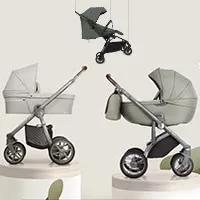 Pushchair
Pushchair 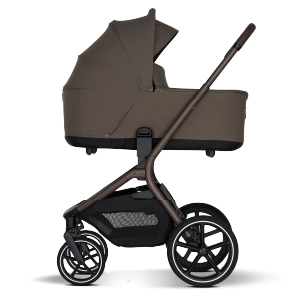 MAVI
MAVI 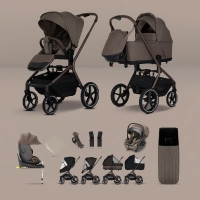 MAVI Bundle
MAVI Bundle 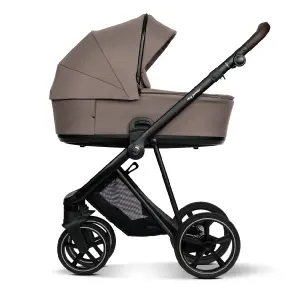 VIGO²
VIGO²  VITA unique³
VITA unique³ 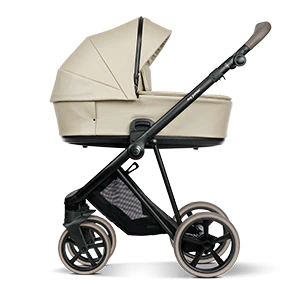 VIGO² Alcantara
VIGO² Alcantara 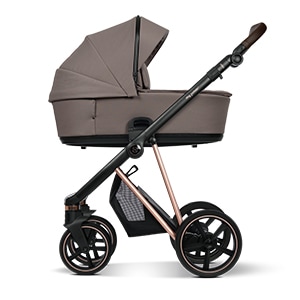 VIGO
VIGO 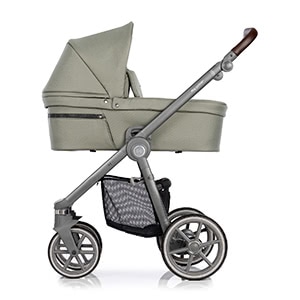 VITA HOPE
VITA HOPE 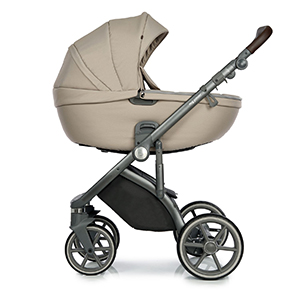 VITA unique²
VITA unique² 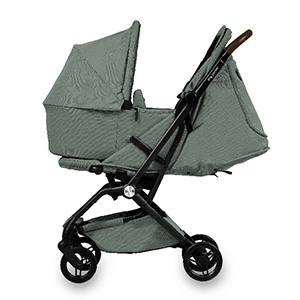 PICO³ with tub
PICO³ with tub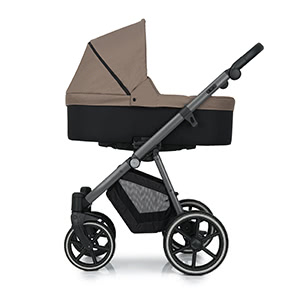 NOAX²
NOAX² 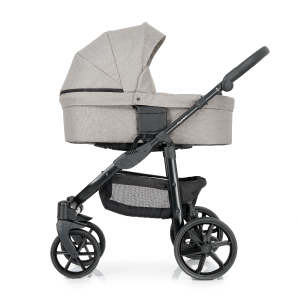 MIYO²
MIYO² 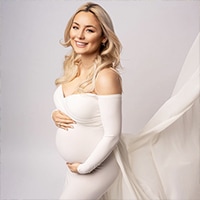 Pram tests
Pram tests  Consultation
Consultation  Buggies
Buggies 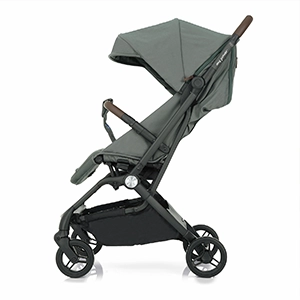 PICO³
PICO³ 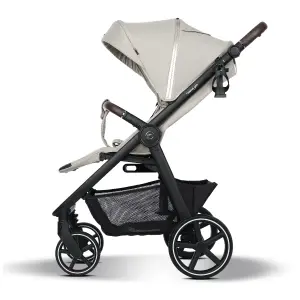 PLIA²
PLIA²  PLIA² Air
PLIA² Air 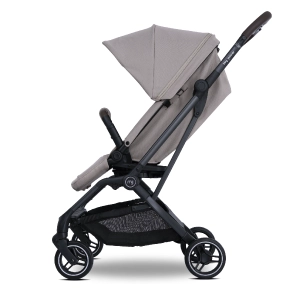 PICO³⁶⁰
PICO³⁶⁰ 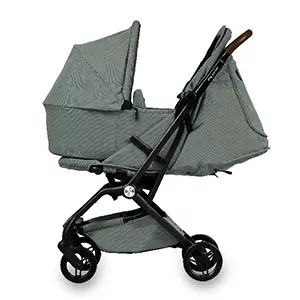 PICO³ with tub
PICO³ with tub  PICO tub
PICO tub  PICO infant car seat adapter
PICO infant car seat adapter 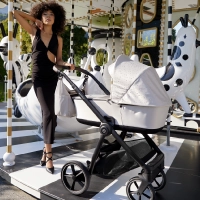 Limited Editions
Limited Editions 

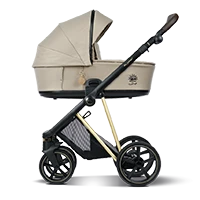
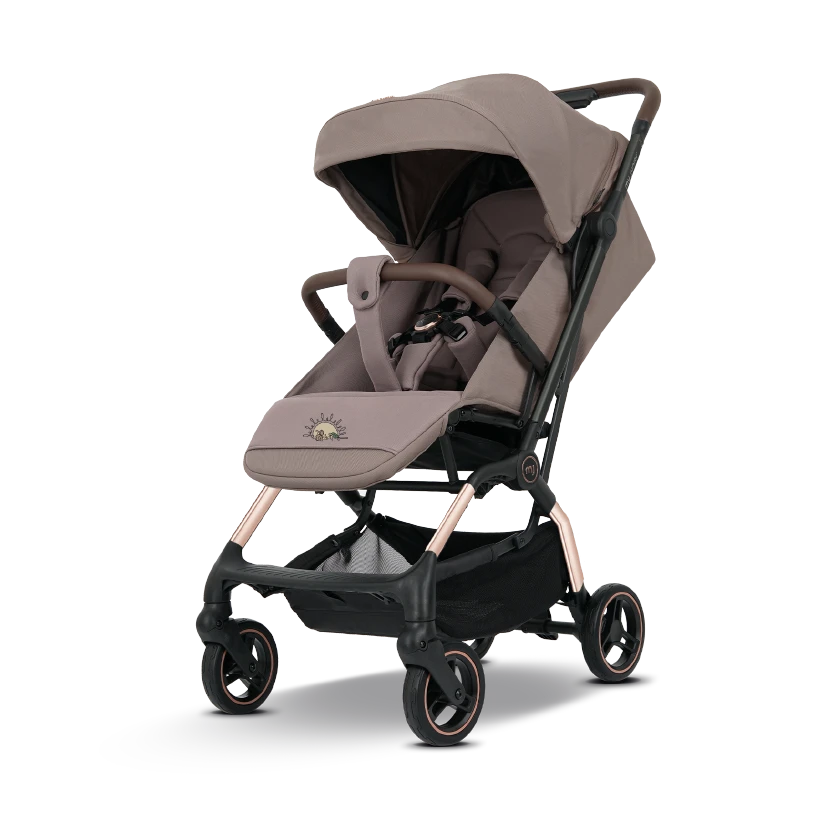



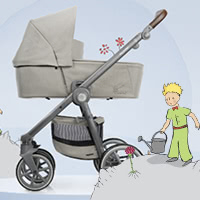
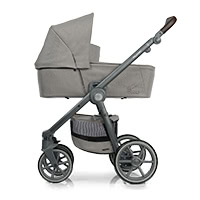
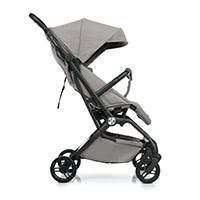
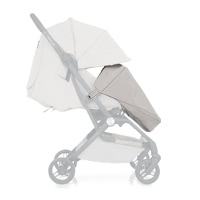
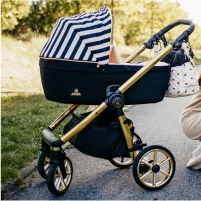
 Limited Edition Parasol
Limited Edition Parasol  Limited Edition Baby Carrier
Limited Edition Baby Carrier  Child seats
Child seats  All Isofix Bases
All Isofix Bases  AURAᵉʳᵍᵒ
AURAᵉʳᵍᵒ  Aura Pro
Aura Pro 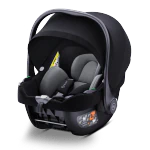 Beam
Beam  Cyro 360
Cyro 360  Base 360
Base 360 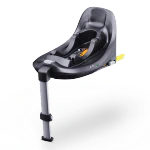 Base Static
Base Static 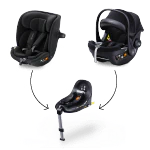 Capsule System
Bundle
Capsule System
Bundle 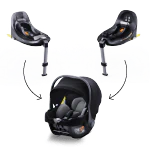 Beam Bundle
Beam Bundle 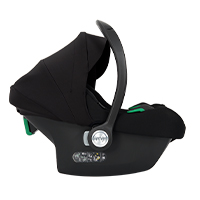 Avionaut Cosmo
Avionaut Cosmo 
 Love Sale
Love Sale
 Reviews
Reviews  Read reviews
Read reviews  Write a review
Write a review 
 Home
Home  Fabric sample
Fabric sample  Baby carriers
Baby carriers  LUVA
LUVA  NAMI
NAMI  NAMI with ring
NAMI with ring  Accessories
Accessories  Vouchers
Vouchers  Discover my junior®
Discover my junior®  About us
About us  In your vicinity
In your vicinity  All my junior
All my junior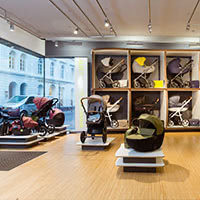 Flagship Store
Aachen
Flagship Store
Aachen 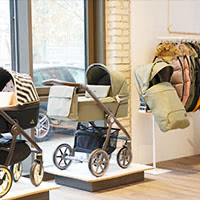 Flagship Store
Hamburg
Flagship Store
Hamburg  Flagship Store
Salzburg
Flagship Store
Salzburg  Flagship Store Binzen
Flagship Store Binzen
 Flagship Store
Krefeld
Flagship Store
Krefeld 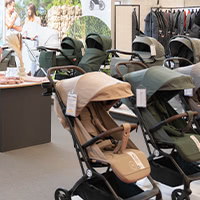 Studio Cologne
Studio Cologne 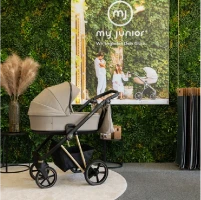 Studio Trier
Studio Trier  Studio Braunschweig
Studio Braunschweig
 Studio Metzingen
Studio Metzingen
 my junior® pram in
Switzerland
my junior® pram in
Switzerland  Help and Contact
Help and Contact  Useful
Useful  Career
Career  Press
Press 


